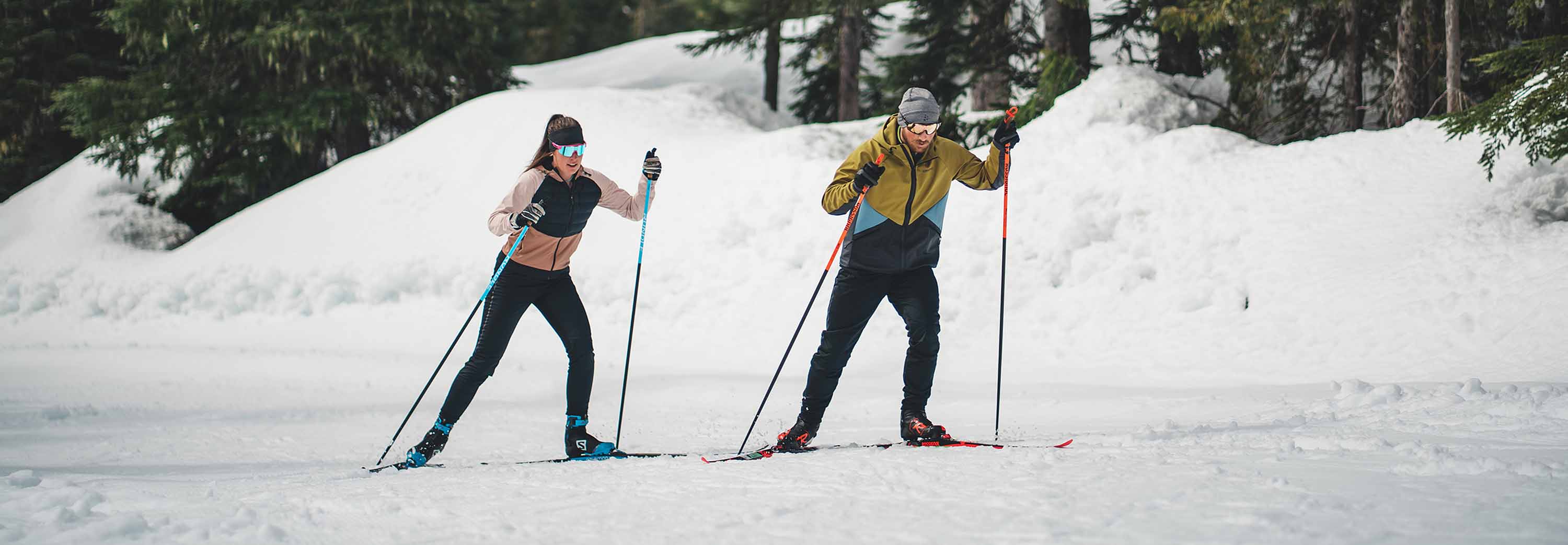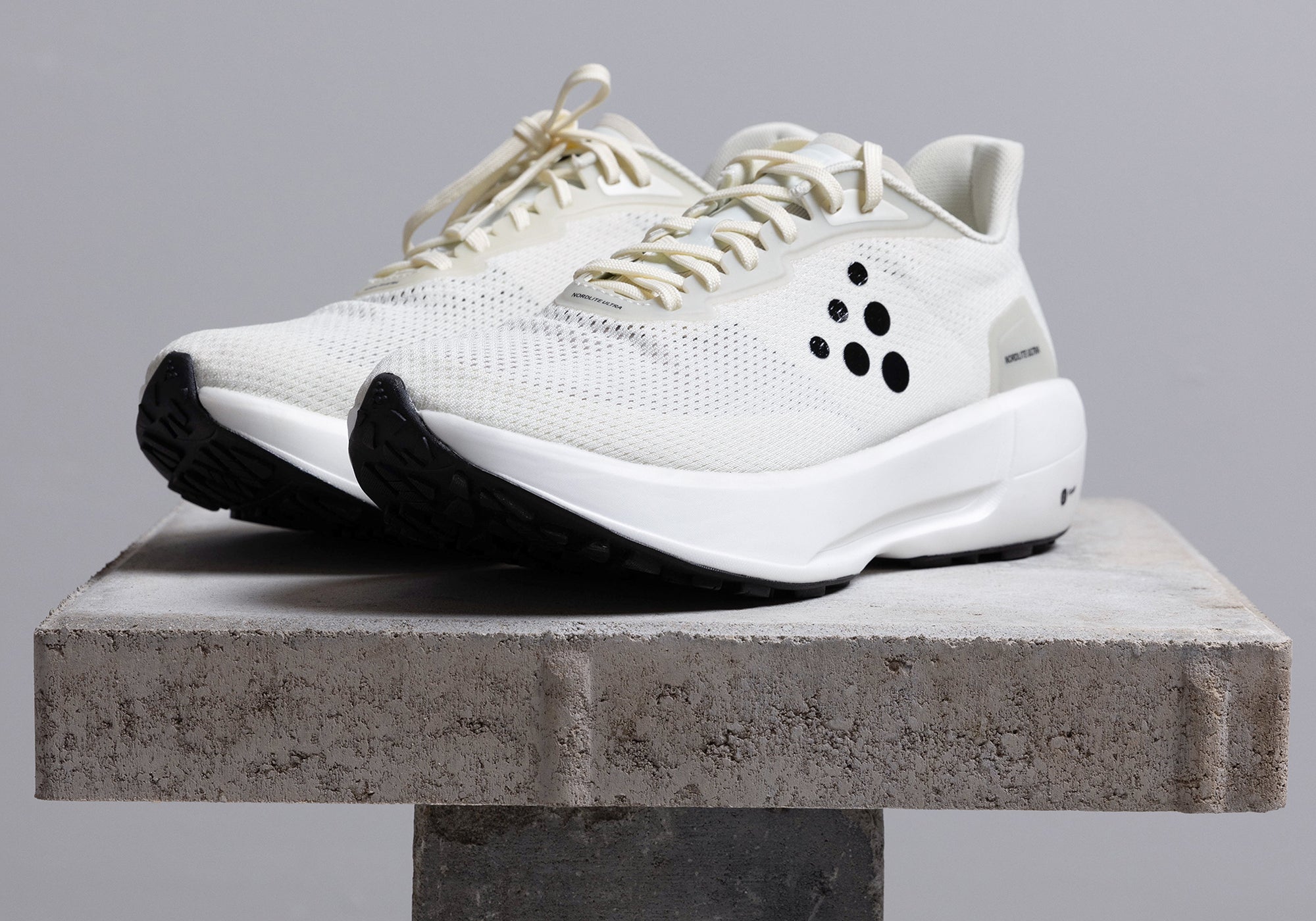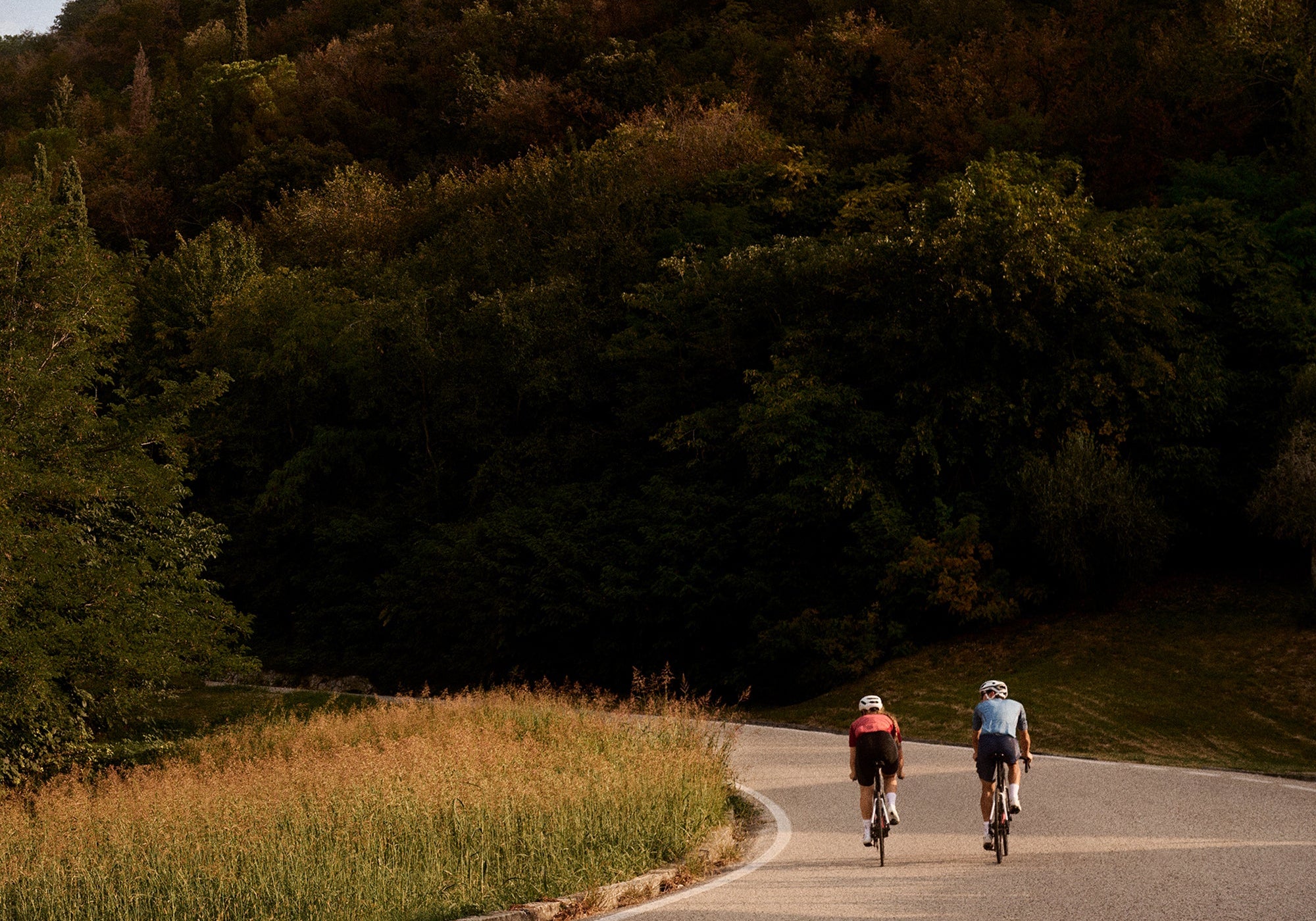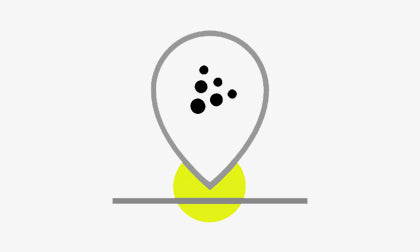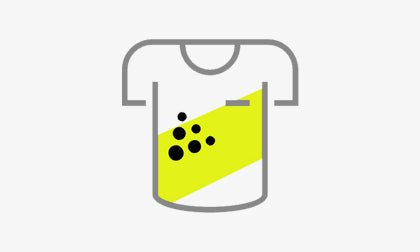In this comprehensive guide, we'll explore the world of cross country skiing, from its equipment and techniques to its incredible benefits. Whether you're an avid runner looking for ways to stay active during the winter or a complete beginner eager to dive into the world of Nordic skiing, we've got you covered. So, bundle up, lace up your ski boots, and let's discover how cross country skiing can be your new winter workout obsession.
 Understanding Cross Country Skiing
Understanding Cross Country Skiing
Cross Country Skiing Basics Cross country skiing, often referred to as Nordic skiing, is a winter sport that involves gliding across snow-covered landscapes using specially designed skis and poles. Unlike downhill skiing, which emphasizes speed and downhill descents, cross country skiing focuses on endurance, technique, and exploring the great outdoors.
Equipment and Gear
To get started with cross country skiing, you'll need some essential equipment, including skis, bindings, poles, and appropriate clothing. Check out our top picks for cross country ski apparel and accessories for women and men.
Classic vs. Skate Skiing
There are two primary techniques in cross country skiing: classic and skate skiing. Classic skiing involves a gliding and kicking motion, while skate skiing mimics the side-to-side movements of ice skating. Each technique offers a unique experience, so you can choose the one that suits you best.
 Cross Training for Runners
Cross Training for Runners
The Value of Cross Training in Winter Cold weather running can be challenging due to slippery surfaces and freezing temperatures. Cross training with cross country skiing during the winter months can help runners maintain their fitness while reducing the impact on their joints. It's an excellent way to build strength, endurance, and cardiovascular fitness.
Top Exercises to Prepare You for Cross Country Skiing
Before hitting the trails, consider incorporating these exercises into your training routine to prepare your body for cross country skiing:
- Leg Strength: Squats and lunges to strengthen your quads, hamstrings, and glutes.
- Core Stability: Planks and Russian twists to improve balance and posture.
- Upper Body: Arm circles and push-ups to build upper body strength for poling.
- Cardiovascular Conditioning: High-intensity interval training (HIIT) to boost your overall fitness.

Benefits of Cross Country Skiing
Physical Fitness
Cross country skiing offers a full-body workout that engages your legs, core, and upper body. It's an excellent way to improve cardiovascular fitness, muscle strength, and flexibility.
Mental Well-Being
Skiing through serene winter landscapes can have a calming effect on the mind, reducing stress and boosting mood. It's a refreshing break from the daily grind.
Winter Wonderland Exploration
One of the joys of cross country skiing is exploring snow-covered forests, trails, and open fields. It's a unique opportunity to connect with nature during the winter months.
 Getting Started with Cross Country Skiing
Getting Started with Cross Country Skiing
If you're new to cross country skiing, here's how to get started:
- Take a Lesson: Consider taking lessons from a certified instructor to learn the basics of technique and safety.
- Rent or Buy Gear: Renting equipment is an option for beginners, but if you plan to ski regularly, investing in your gear is worthwhile.
- Find Local Trails: Explore nearby cross country skiing trails, and use the "Cross Country Skiing Near Me" link to locate options in your area.


